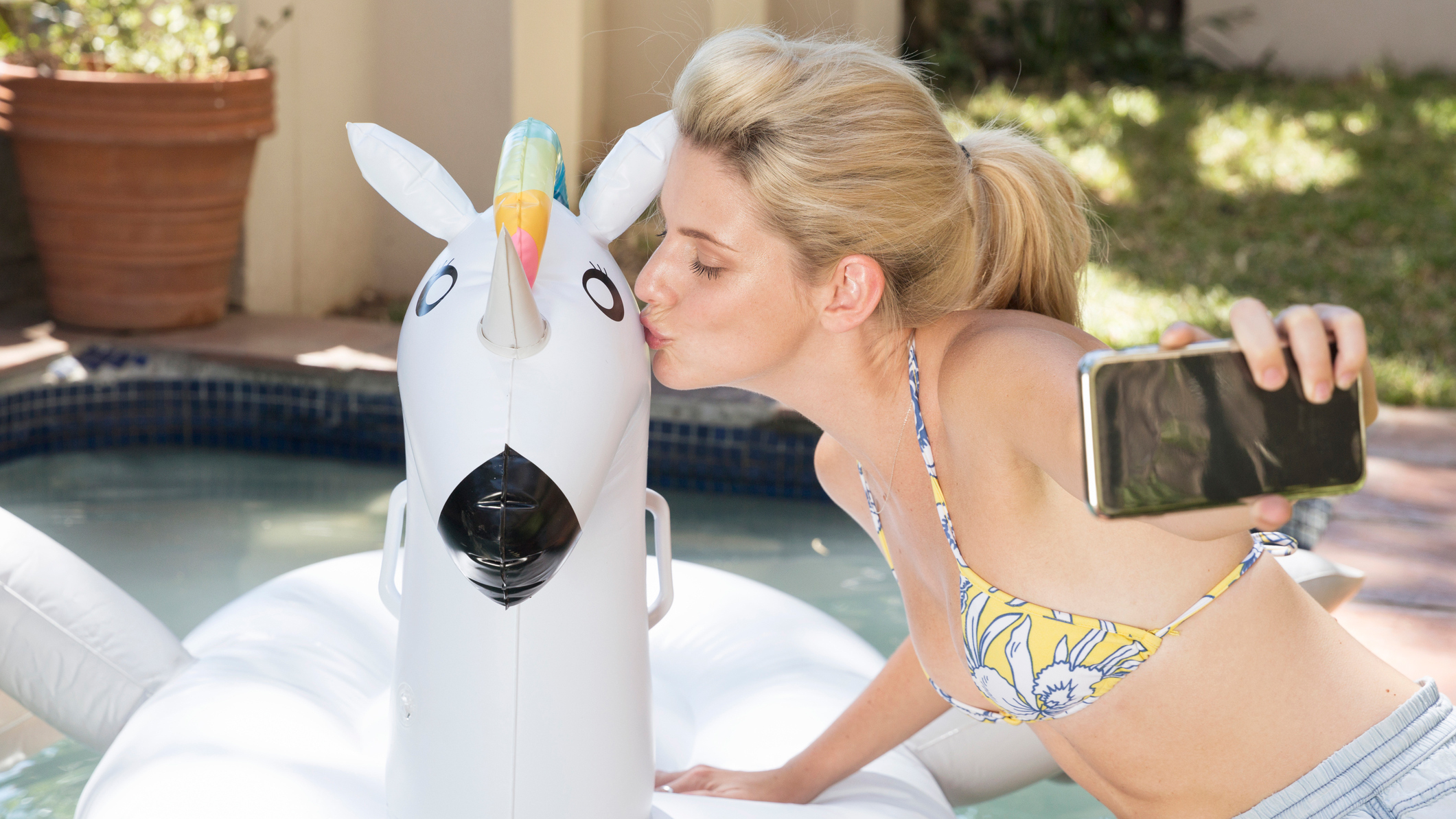App that lets millennials trade US stocks and crypto is now worth $7.4b

All millennials want is a device they can use to take a pool selfie and then trade some crypto. Pic: Getty
Robinhood is an app built around one promise: no-fee stock and cryptocurrency trading.
And it’s a model that’s working for people. A little over four years after launch, the company has a $US5.6 billion valuation ($7.4 billion) – four times more than its 2017 valuation of $US1.3 billion.
The app first launched in December 2014 and quickly became a favourite among younger people looking to invest. It allows users the freedom to complete a transaction without paying a processing fee, and became the first finance app to win an Apple Design Award thanks to its simple-but-stylish design.
In short: It makes stock trading cheap, intuitive, and mobile, which is apparently exactly what young investors were looking for.
It began as invite-only, and by the time it opened to the public in March 2015, the waitlist rose above 700,000, according to Fortune. By November of that year, TechCrunch reported that it had facilitated over $US1 billion in transactions.
- Bookmark this link for small cap breaking news
- Discuss small cap news in our Facebook group
- Follow us on Facebook or Twitter
- Subscribe to our daily newsletter
In 2018, it completed a Series D funding round of $US363 million to bring it to its current valuation, and doubled its users from 2017 to 2018: Robinhood says it now has 4 million users.
This spike could be attributed to its recent decision to expand into cryptocurrencies (bitcoin, ethereum, and litecoin), which have had a lot of market success themselves.
While Robinhood has not yet launched locally, in 2015 it announced Australia would be its first international market.
“Robinhood will soon begin the regulatory approval process and announce timing of the launch later this year,” it said.
In the meantime Australians are able to sign up for a waitlist.
Aussie millennials are already fans of crypto trading and US tech stocks.
The founder of an app that allows Australians to cheaply and easily buy US stocks told Stockhead recently that millennials want to invest in the names they know — Spotify, Facebook and the like — rather than ASX stalwarts like banks or resources.
This article includes reporting by Business Insider Australia, Australia’s most popular business news website. Read the original article. Follow Business Insider on Facebook or Twitter.
UNLOCK INSIGHTS
Discover the untold stories of emerging ASX stocks.
Daily news and expert analysis, it's free to subscribe.
By proceeding, you confirm you understand that we handle personal information in accordance with our Privacy Policy.








